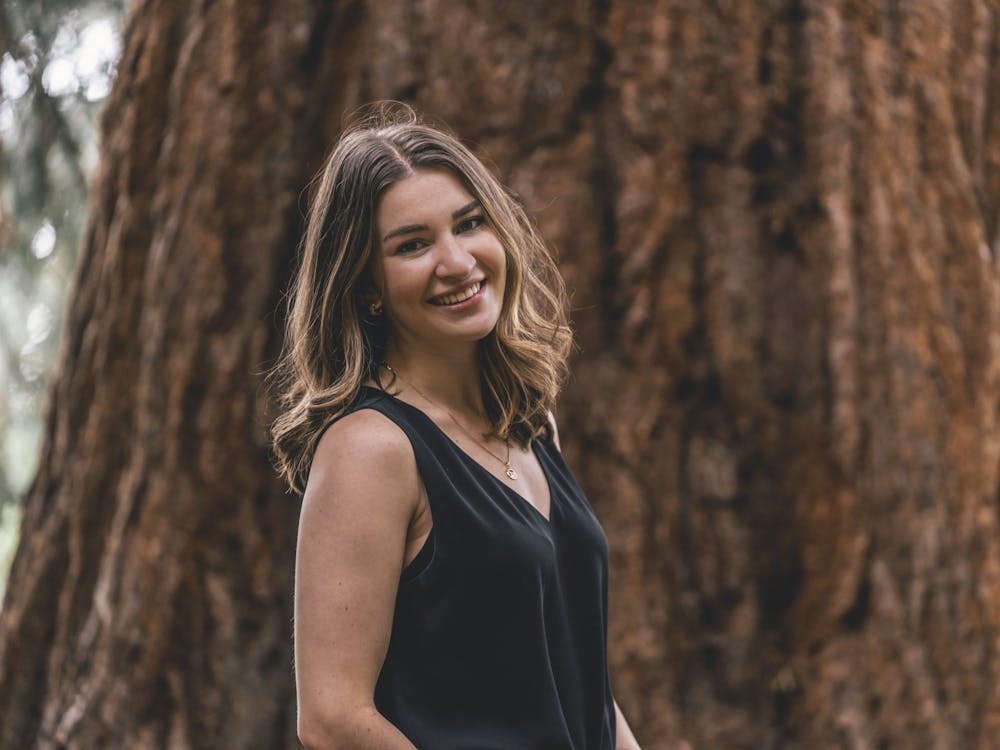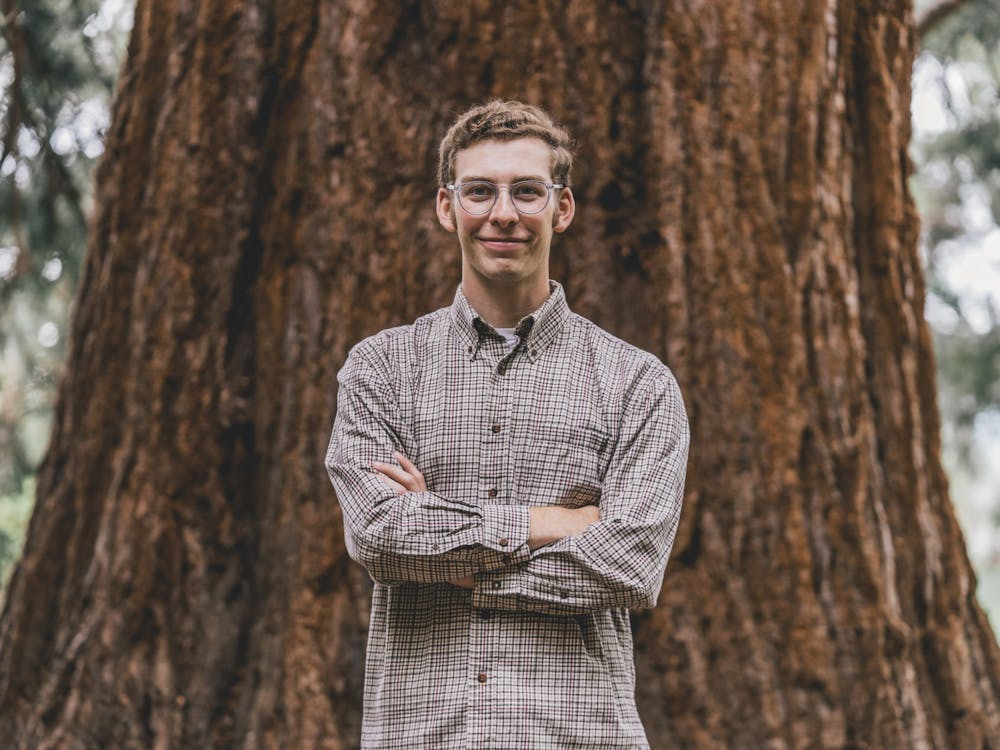Tai White-Toney (The Beacon)
By Tai White-Toney, Guest Commentary
Environmentalism has become a fundamental component of American culture. Like many of you, I fervently believe humans have the ability and therefore the duty to care for our home, the home that our ancestors heavily exploited for so many years. Most of us now understand that preservation of our natural resources is particularly important, and environmentalism even has become a pillar of our generation.
Ever since the integration of environmentalism into our culture, this same story is being preached: We have to conserve the environment.
Recently, UP's biology department gave voice to a new opinion, that of an Alaskan Yup'ik Eskimo named Peter Kawagaelg Williams. Williams is a sea otter hunter and an environmentalist. Yes, you read that correctly, he is both.
Williams discussed important matters regarding the spiritual beliefs of Alaskans Natives. Clothes, for example, were first utilized by humans to help with survival in colder climates: they believed that we dressed in the fur of a living being that had its own spirit, and that we would embody that animal spirit when wearing the fur. Fundamentally, this concept is about paying due respect to the animal who gave its life for your survival. Unfortunately this particular notion has largely been lost; we have removed ourselves from nature and the animals and removed ourselves from a conscious awareness of where we came from.
Native Alaskans are exempt from the Sea Mammal Protection Act because of their dependence on sea otters, specifically. Hunting and handicraft are permissible under the premise that they do not hunt purely for sport and that they abide by government regulations.
"The predator-prey relationship," Williams said, "is the oldest relationship. It feels natural." Remarkably, however, Williams also said "Killing isn't very easy for me, and I don't think it should be." While donning a sealskin vest, he embodied the spirit of environmental concern, and longed for correcting our human relationship with nature.
Today, conservationists look at natural resources as commodities, dictating which components must be protected, and which components can be exploited. It seems our opinions of environmentalism can be very irreverent and inconsistent.
To be sure, all this is not for the purpose of condoning hunting, as I acknowledge that there are individuals who hunt for sport or monetary gain (and because I, too, have an affinity for animals). It seems clear to me, however, that we have become so comfortable with our nation's practices of conservation that we forget to really question them.
We agree that global conservation efforts need to be increased in order to overcome problems like unsustainable fishing, the African elephant ivory trade and even the rancher/grey wolf dilemma faced by our Eastern Washington neighbors. Nevertheless, it could do our generation some good to consider alternative perspectives, because maybe we are all fighting for the same things. Perhaps they are protecting the same resources, just differently.
Williams is a sea otter hunter, but he also has a clear respect for the animal and the environment we all share. Anyone who seeks the benefit of a natural resource must also understand that it is in his or her own best interest for that environment to flourish.
Peter Williams' website can be found at seaotterfur.com.
Tai White-Toney is a junior biology major. She can be reached at whiteton14@up.edu.








